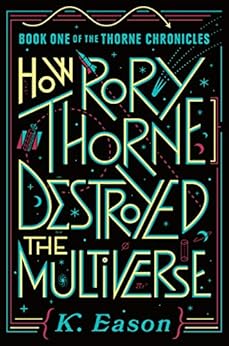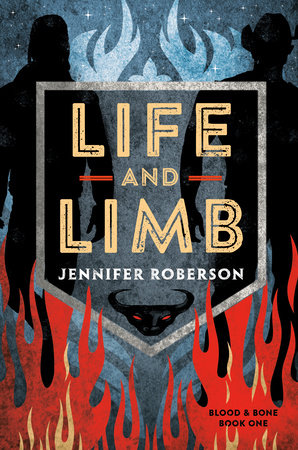Gods of Jade and Shadow, by Silvia Moreno-Garcia (Del Rey)
From the first page,
this retelling of “Cinderella” crossed with the Orpheus legend
captivated me. The language is vividly evocative, the characters – both human
and supernatural – are compelling, and the depiction of the culture, setting,
and history, not to mention the rich folklore and language – are first-rate. I
found myself reading more slowly than usual just to savor the luscious prose.
It’s 1927, and elsewhere
in the world, the Roaring Twenties are in full swing, but not for Cassiopea Tun,
who lives with her downtrodden mother in the small Yucatan village of Uukumil
under the despotic thumb of her grandfather and the maliciousness of her vain,
useless cousin. By accident, she re-animates Hun-Kamé, Lord of Shadows, the
Supreme Lord of Xibalba, land of the dead, and the two embark upon a quest to
retrieve the lost parts of his body (an eye, an ear, etc.) and wrest his throne
from the clutches of his twin brother. Cassieopea discovers her inner strength,
even as associating with her renders Hun-Kamé progressively more human. In this
world populated by gods and witches, ghosts and flappers, Mexico itself becomes
a character, stretched between desire for modernity and its ancient, compelling
heritage.
Gods of Jade and Shadow is a brilliant, satisfying cultural fantasy
that pushes the boundaries of the field while offering a sweet story of love,
courage, and sacrifice.
The usual disclaimer:
I received a review copy of this book, but no one bribed me to praise it.
Although chocolates and fine imported tea are always welcome.










